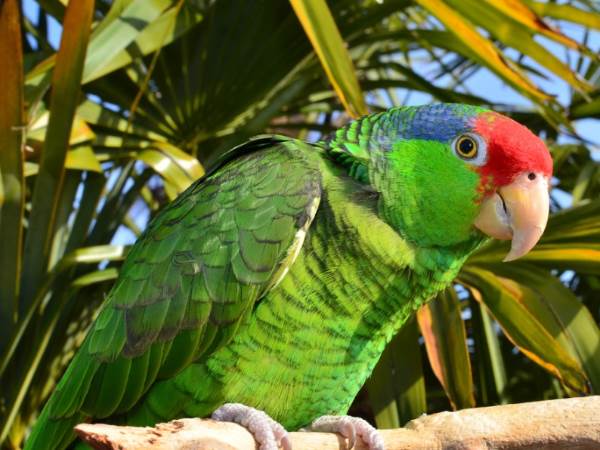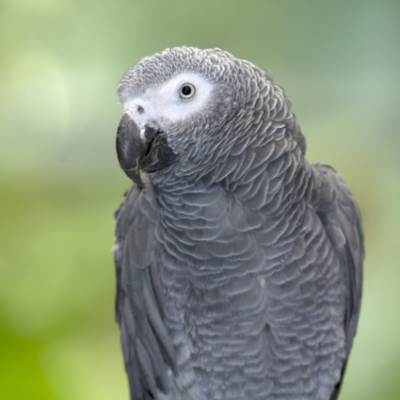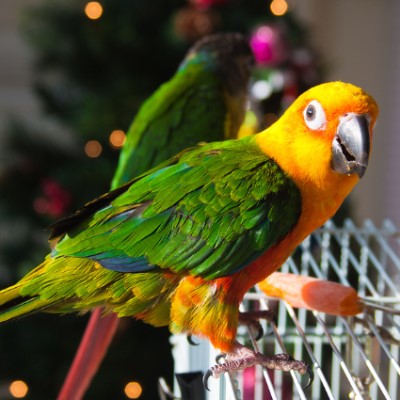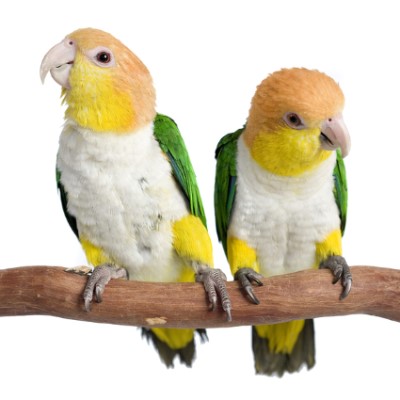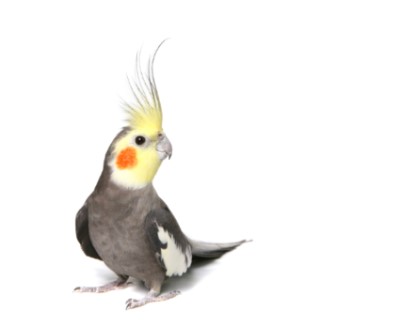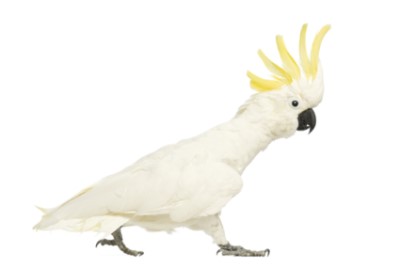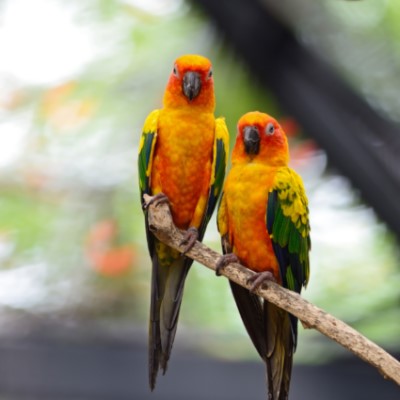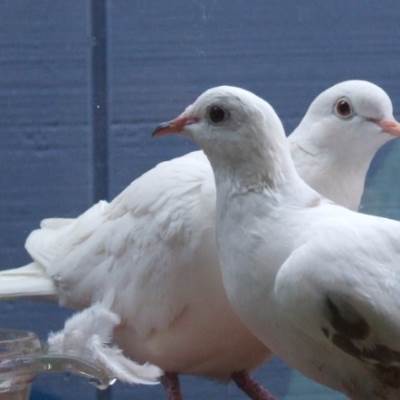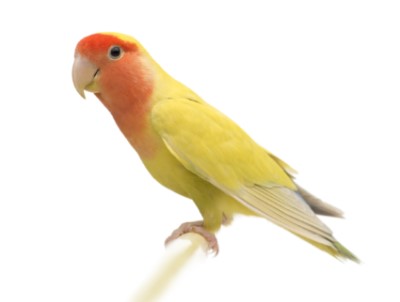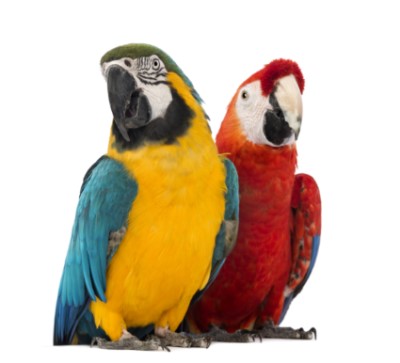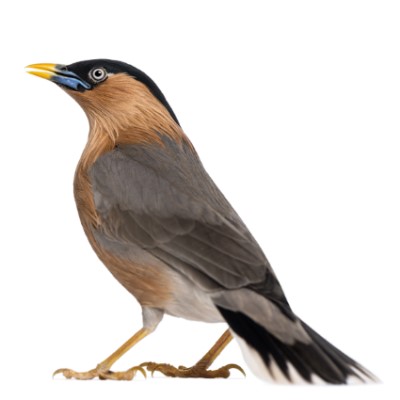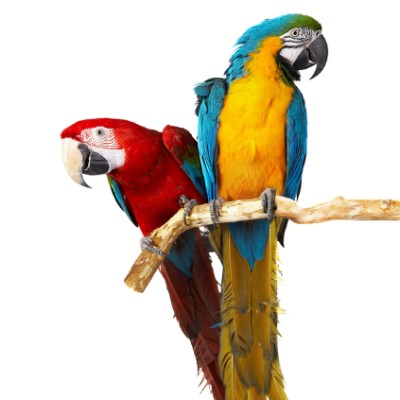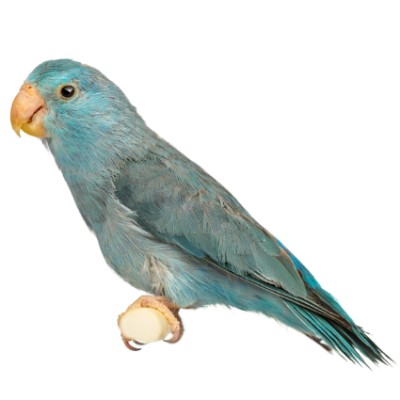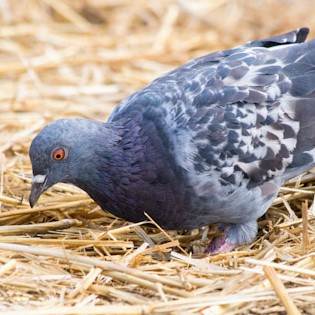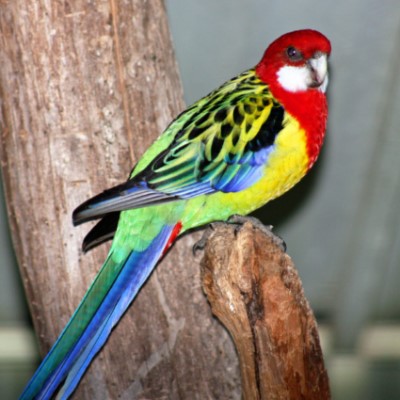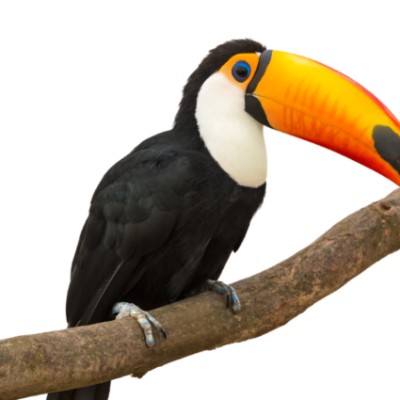Common Reasons for Surrender
The primary reason Amazons are surrendered is that anytime you try to make a bird do something they don’t want to do, they bite. The second reason is the Amazon is a “Velcro bird” that wants to be carried everywhere. They then get to “terrible twos,” and they want to be independent.
Pros
Amazons are the most durable parrot there is. They are not subject to plucking or mutilating and don’t require a ton of human interaction. They’re great talkers and singers. In fact, an Amazon can be trained to sing an entire song.
Cons
At age five, the Amazon can become quite aggressive during breeding season. Parrots in general are not the best pets for small children, but the Amazon especially loves to chew. The fingers of a small child wiggling inside the bars of the cage will look like the caterpillars, cockroaches, or bugs that parrots eat in the wild. Only a few Amazons make good family pets. Many Amazons do not need human interaction and may bond to one family member while attacking the others.
Diet
The Amazon needs a small amount of high quality seed mix, but their main diet consists of pellets. Do not feed your Amazon sunflower seeds—nuts may be offered as a rare treat. Amazons enjoy fresh fruits and vegetables chopped to small sizes as well as legumes and grains. Some meat can be fed to your Amazon occasionally.
Exercise
Amazons love to play on swings and ladders. If at all possible, the Amazon enjoys flight and does well if provided an outdoor aviary or a large open room, so she can stretch her wings and fly. Be sure to cover any windows or mirrors, so she doesn’t fly into them.
Possible Health Issues
This stocky bird is prone to obesity, a health issue that can be avoided by providing the proper diet. The Amazon tends to develop deficiencies in vitamin A, another condition that can be avoided by choosing foods that are high in Vitamin A.
Housing
Most Amazons will sing or at least make loud squawks both at sunrise and at sunset, a trait that makes them less suitable for apartment dwellings. They need a large cage, at minimum 36 x 36 by 40 inches. Be sure the bars are spaced less than one inch so your Amazon will not get his head stuck between the bars. Amazons are larger birds, and they need larger perches, about 1 ¼ inches in diameter.
Grooming
The Amazon actually likes head scratches. Clean her cage weekly and be sure to change the water daily. The Amazon will enjoy being misted with a garden mister of clean water. Be sure to provide “baths” during the daytime hours and provide enough time for the Amazon to dry off before night comes and temperatures drop.
Training
Although highly intelligent and entertaining, the Amazon can be very entertaining to her family. Usually a parrot will choose the interaction he wants. They are curious and enjoy learning new tricks.
Entertainment
Amazons need toys both to chew and to occupy their minds. Toys that can be chewed and manipulated in some way are the perfect choice for the Amazon. Yellow fronted Amazons, especially, are extremely intelligent and need toys that will stimulate their intellect and keep them from boredom. They also enjoy time with their owners when they can sit next to them and talk.
ADDITIONAL RESOURCES
We want to thank Feathered Friends Forever, Harlem, Georgia and Exotic Bird Hospital in Jacksonville, Florida, and Avian Rescue Corporation (ARC), Concord, California, for help with this profile.
